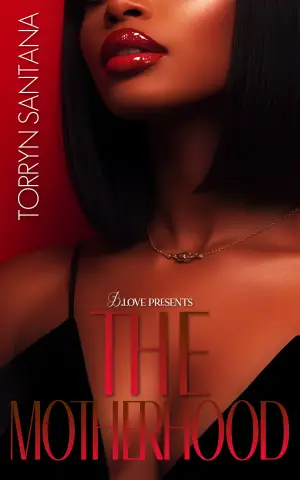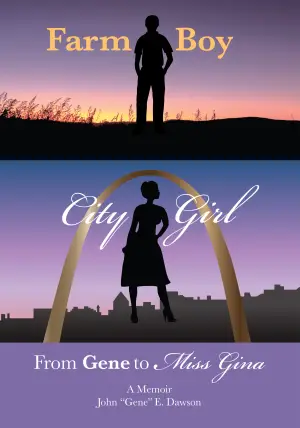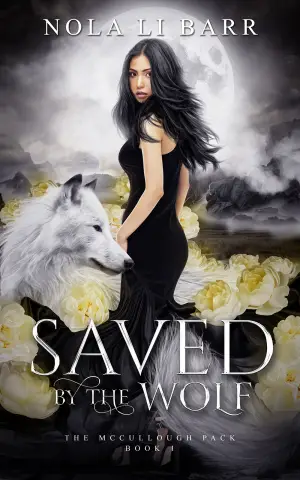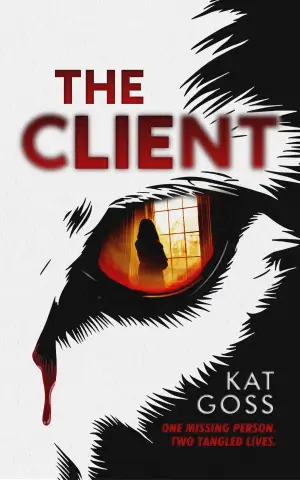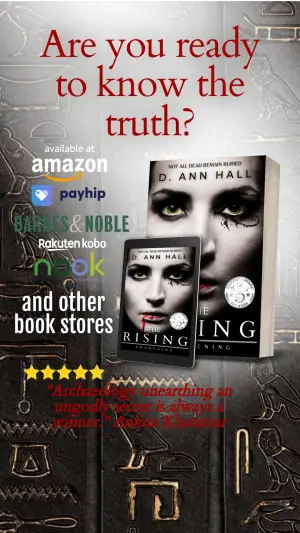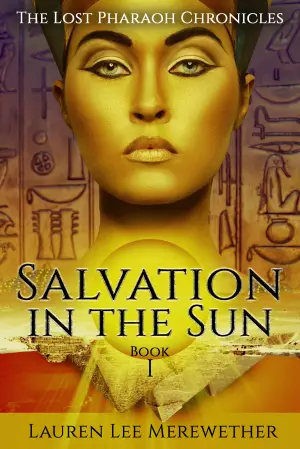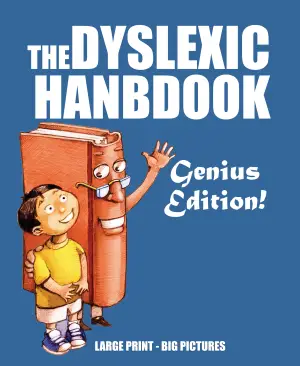A Whirlwind of Anecdotes: My Take on The World Record Book of Racist Stories
Sometimes, the best books come from a moment of sheer whimsy, and that’s precisely how I stumbled upon The World Record Book of Racist Stories by Amber Ruffin and Lacey Lamar. As I meandered through the library’s “Audiobooks Available Now” selection, I was in the mood for something quick, funny, and—dare I say—lighter than my usual fare of “Socially Sad Nonfiction” or “Socially Sad Sci-Fi.” What I got was a collection of experiences and anecdotes that, behind the laughter, held a mirror to the unrelenting racist nonsense that people of color encounter day in and day out.
From the outset, it’s clear that this book aims to use humor as a vehicle for understanding deeply serious issues. It’s a collection of stories that white readers can chuckle at while simultaneously wondering, “Are we really still dealing with this?” Indeed, laugh-out-loud moments are often punctuated with the sobering realization of just how prevalent and absurdly ridiculous these experiences are. Yet, despite the intent to shed light, I found myself struggling to connect on a deeper level.
One of my major hurdles was the delivery of the audiobook. With Amber Ruffin and Lacey Lamar sharing the narration, I anticipated a breezy, conversational tone, akin to friendly banter over coffee. Instead, it felt more like a hyperactive sleepover—a bit manic, if I’m honest. Listening at my usual pace of 1.7x speed (which usually feels just right) became an overwhelming task, akin to watching a relay race where everyone is sprinting with a sugar high. I had to dial back to 1.25x, but even then, it felt challenging to keep up with the rapid-fire storytelling and the occasional mix-up of who was sharing which tale. To clarify my confusion, I eventually borrowed the ebook, which used varying fonts to distinguish between Amber and Lacey’s narratives.
Reflecting on the content itself, the anecdotes are universally relatable (and heartbreakingly familiar), making it hard to ignore the crucial realities they highlight. While the humor stands out, I found myself wishing for a bit more structure and clarity in how the stories were presented—not just in audio, but overall. The distinctive tone shifts in the text did help, yet the differences in mediums led to drastically different experiences.
I can appreciate the effort to make uncomfortable topics more digestible through humor, and while I don’t think the book set out to teach listeners how to be better allies, it effectively asks us to reflect on our societal roles. It’s not a how-to guide, but more of a wake-up call wrapped in humor—something we all need.
Ultimately, The World Record Book of Racist Stories is a fascinating collection that many might enjoy, especially if you’re in the mood for stories that make you laugh while prompting a little introspection. But, if you’re considering the audiobook format, I suggest grabbing the eBook instead. The experience feels richer when you can visually follow along, savoring the humor and poignant truths without feeling breathless.
If you’re curious about the day-to-day absurdities of racism told in a humorous light, this book might just be your ticket. It made me reflect on how humor can be a powerful tool to challenge and discuss uncomfortable subjects. If nothing else, it’s a reminder of the work we all have to do—and a fun way to spark some necessary conversations.
Discover more about The World Record Book of Racist Stories on GoodReads >>

